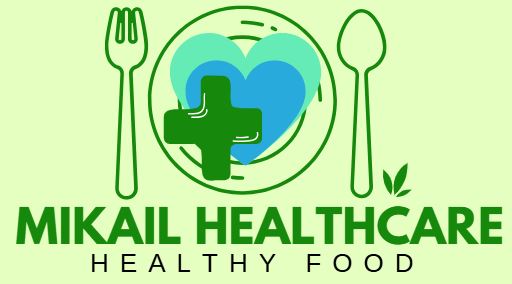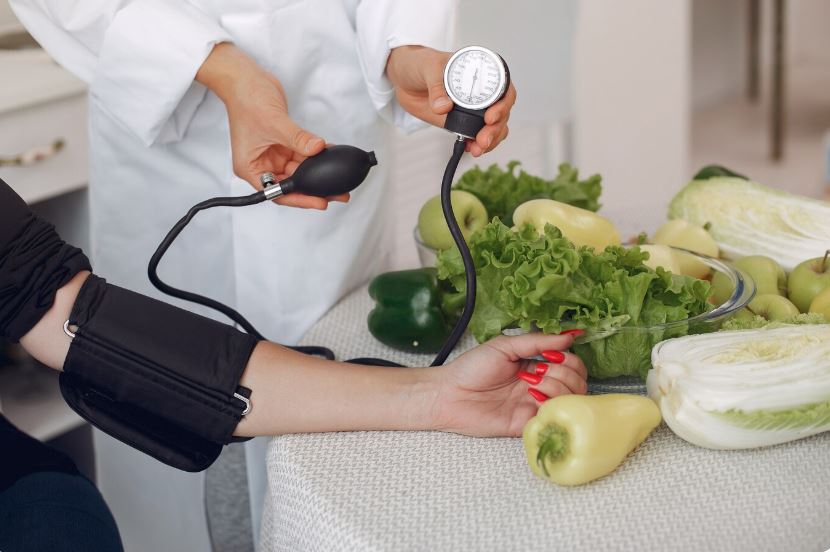High blood pressure, also known as hypertension, is a common health issue that can lead to serious problems like heart disease and stroke. One of the best ways to manage your blood pressure is by watching what you eat. Some foods can raise your blood pressure and should be limited or avoided as much as possible.
In this article, we’ll look at the main foods to avoid if you have high blood pressure, and why they can be harmful.
1. Salt and Salty Foods
Salt is one of the biggest causes of high blood pressure. It makes your body hold onto water, which raises your blood pressure levels.
Avoid or limit:
- Chips and salty snacks
- Canned soups and vegetables
- Processed meats like bacon, ham, and sausages
- Instant noodles and frozen dinners
🔹 Tip: Try using herbs and spices to add flavor instead of salt.
2. Processed and Packaged Foods
Many packaged foods contain hidden salt, sugar, and unhealthy fats. These increase your blood pressure and damage your heart over time.
Examples include:
- Crackers
- Ready-to-eat meals
- Store-bought sauces and salad dressings
🔹 Tip: Always check the nutrition label for sodium (salt) content.
3. Fatty and Fried Foods
These are often high in unhealthy trans fats and saturated fats, which can clog your arteries and raise your blood pressure.
Avoid or limit:
- Fried chicken
- French fries
- Fast food burgers
- Butter and heavy cream
🔹 Tip: Bake or grill your food instead of frying it.
4. Sugary Drinks and Foods
Sugar doesn’t just affect your weight—it can also raise your blood pressure.
Common sugar-filled items to avoid:
- Soda and energy drinks
- Candy and chocolate
- Sweetened cereals
- Cakes, cookies, and pastries
🔹 Tip: Drink water, unsweetened tea, or natural fruit juices instead.
5. Alcohol
Drinking too much alcohol can raise your blood pressure and reduce the effectiveness of medications.
Limit alcohol to:
- 1 drink per day for women
- 2 drinks per day for men
Conclusion
Managing your blood pressure starts with your plate. By cutting down on salty, sugary, and fatty foods, you can protect your heart and live a healthier life. Always talk to your doctor or a dietitian for personalized advice, especially if you are on medication.

